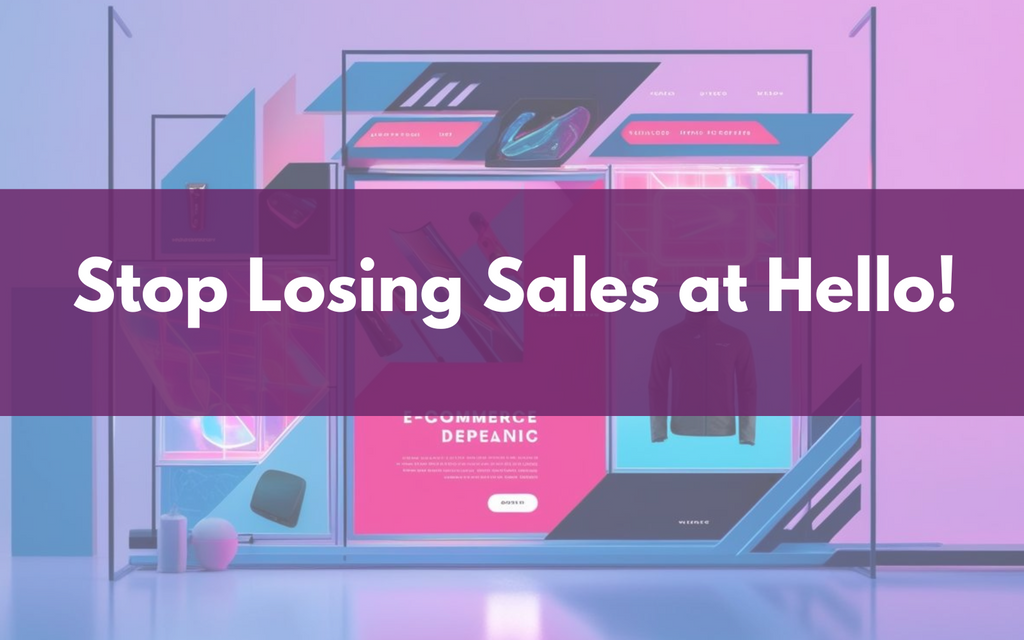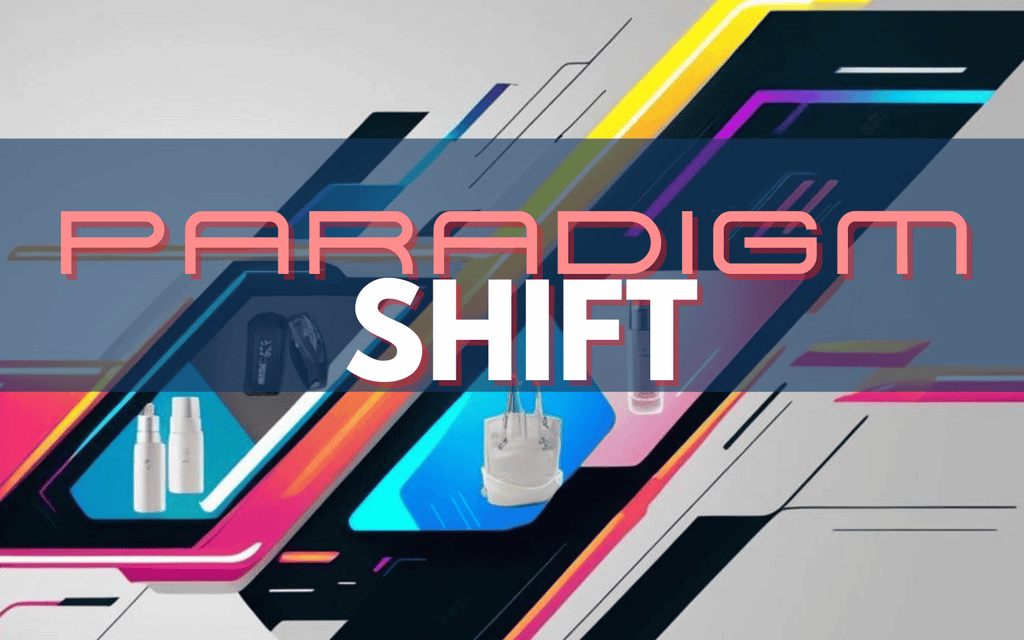Challenge to Launch Your Ecommerce Store!
Not sure where to start? Feeling overwhelmed? That's ok!
I will walk you step-by-step through the setup and execution of your eCommerce store and get you launched in 5 Days.
We start on Monday April 27th!
I'm so glad you've decided to jump into this 5 Day challenge with me. If you take the time to work through the material in the challenge and participate, by the end of the challenge you'll have an online store you can launch!
Then you can attract some customers, and get your sales started.
Take some time to check into this group often, leave your comments, questions, wins, frustrations, you name it. We're all here to support each other.
A few things you should do RIGHT NOW to make sure you get the most out of this program:
![]() Add this group to your favorites by going to your main Facebook timeline, clicking on "groups" in the left-hand column, scrolling down to "Your Groups" and clicking the gear icon in the upper right-hand corner of this group.
Add this group to your favorites by going to your main Facebook timeline, clicking on "groups" in the left-hand column, scrolling down to "Your Groups" and clicking the gear icon in the upper right-hand corner of this group.
Group Link: https://www.facebook.com/groups/launchshopify/
![]() I've uploaded a checklist in the group for getting the most out of this challenge. Take 5 minutes, download it, and set yourself up for success before we start on Monday!
I've uploaded a checklist in the group for getting the most out of this challenge. Take 5 minutes, download it, and set yourself up for success before we start on Monday!
![]() Go to your calendar NOW and schedule at least 30 - 60 minutes each day starting on Monday to go through the training during the Challenge week. You can split this time up if you want, so put it on your calendar. For Day 2 & 3 you will probably need a little more time. I would block out as much time as possible for both these days.
Go to your calendar NOW and schedule at least 30 - 60 minutes each day starting on Monday to go through the training during the Challenge week. You can split this time up if you want, so put it on your calendar. For Day 2 & 3 you will probably need a little more time. I would block out as much time as possible for both these days.
![]() Check your email/FB messenger every morning during the challenge for that day’s training (you can always find the daily challenge trainings in our group in the units.
Check your email/FB messenger every morning during the challenge for that day’s training (you can always find the daily challenge trainings in our group in the units.
![]() Once you complete the training and the challenge for each day, decide what you’ll do to implement what you’ve learned into your business and TAKE ACTION! Fill out the checklist and post.
Once you complete the training and the challenge for each day, decide what you’ll do to implement what you’ve learned into your business and TAKE ACTION! Fill out the checklist and post.
![]() Participate! Get in the group and share your challenge results, cheer others on, and ask for support. This group is an awesome community and we want YOUR participation!
Participate! Get in the group and share your challenge results, cheer others on, and ask for support. This group is an awesome community and we want YOUR participation!
![]() Before, during and after, click on the "Grab Your Share Link" pic in this pinned post to learn more about sharing with friends that might need this.
Before, during and after, click on the "Grab Your Share Link" pic in this pinned post to learn more about sharing with friends that might need this.
Have questions? Post them here in the group and tag me (so we don't miss it). I am happy to help!
Here's to an awesome challenge. Let's do this!
Ecommerce Success Blogs

Stop Losing Sales at Hello - A No-BS Guide to Fixing Your Ecommerce Store's First Impression
Consider how people actually use your store's homepage.

What Successful Ecommerce Store Owners Need To Do Differently in 2025
The Future of E-commerce - A paradigm shift for e-commerce in 2025!

9 Critical Mindset Shifts to Actually Make Money with Your Online Store in 2025
(Disclaimer: this is not an article for the faint of heart - but for entrepreneurs that really want to improve ~ Veronica Jeans)

